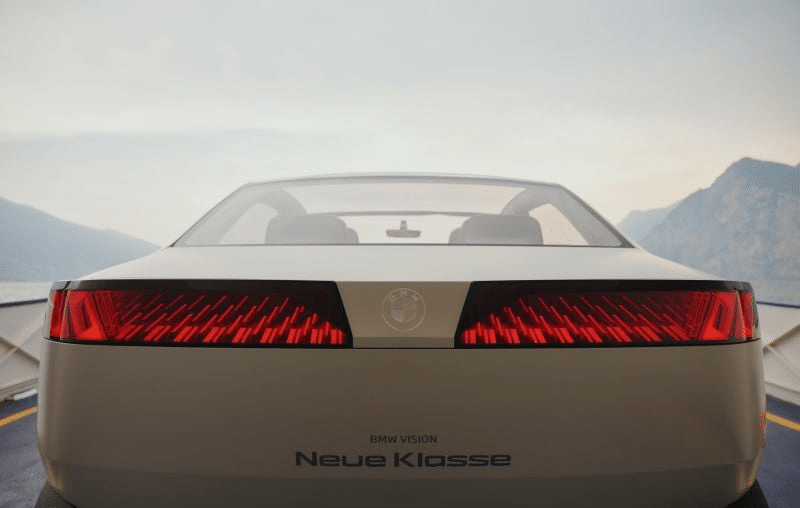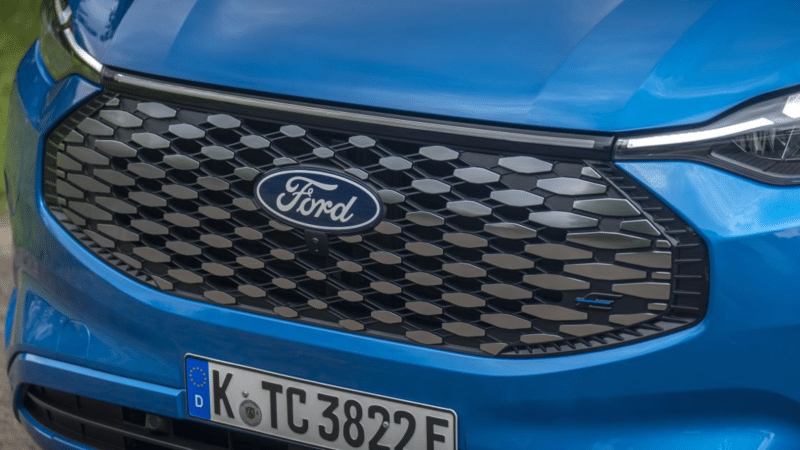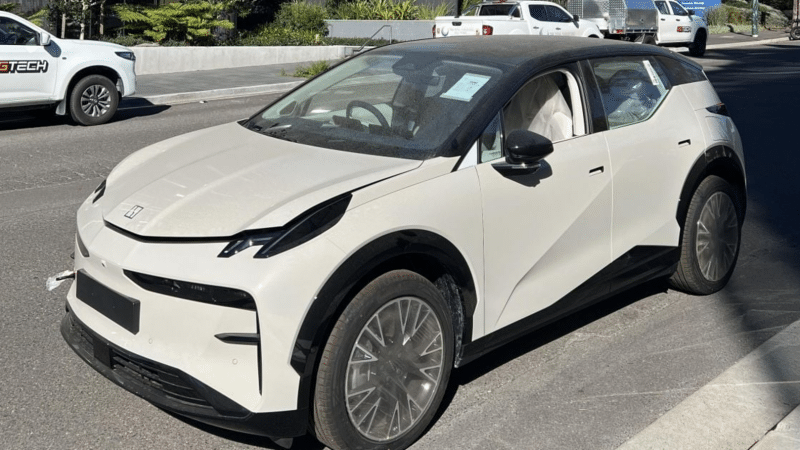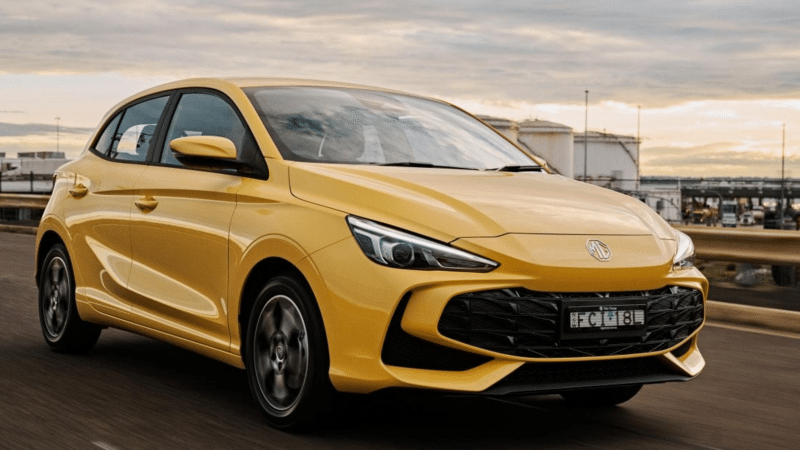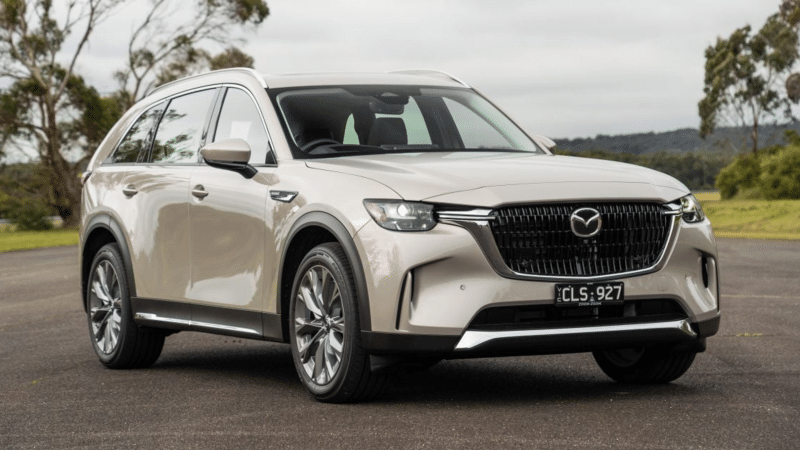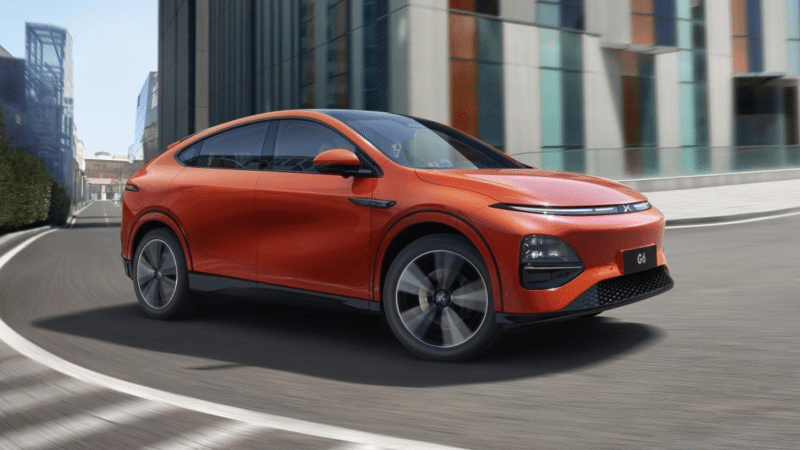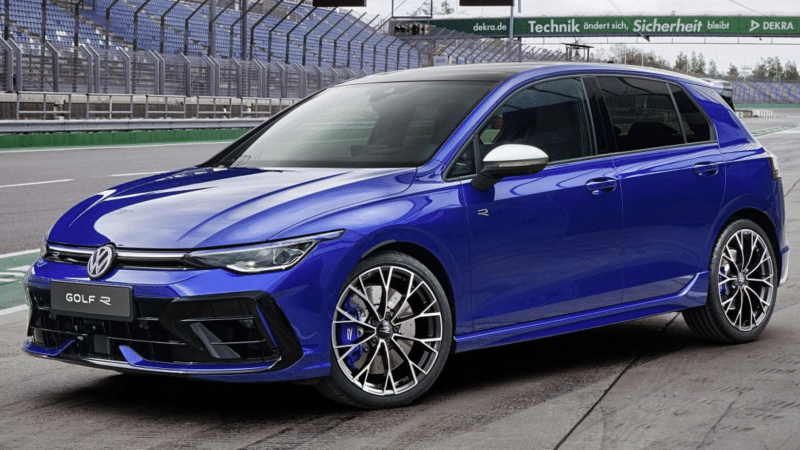BMW Development Head Warns of Challenges in Transition to All-Electric Future
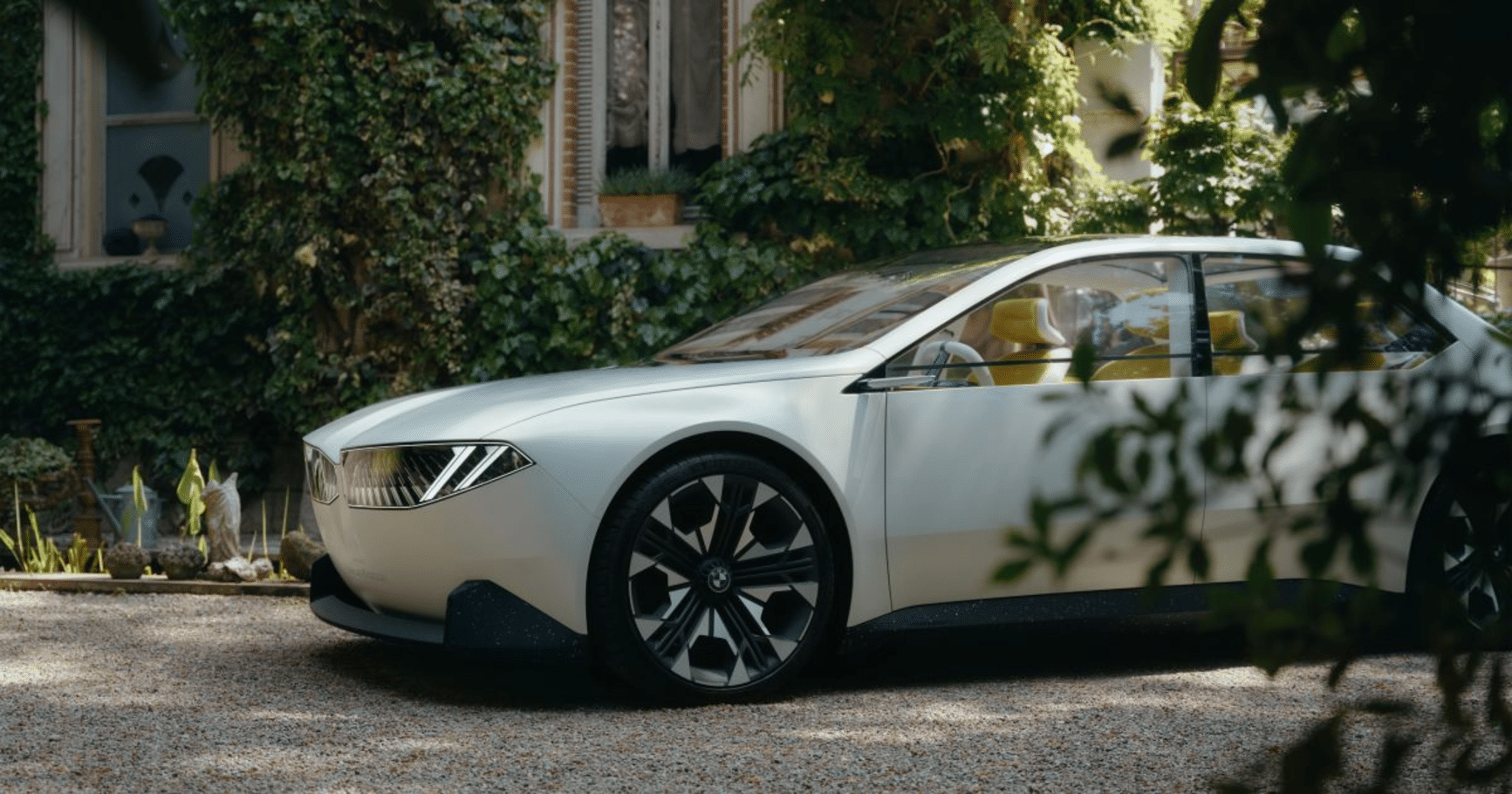
BMW Development Head Warns of Challenges in Transition to All-Electric Future
Is the transition to electric vehicles really as straightforward as it seems?
As automakers rush towards an all-electric future, BMW’s head of development urges caution and highlights the potential limitations in economies that are not fully prepared for battery electric vehicles (BEVs). The shift to BEVs requires green electricity, sustainable supply chains, robust charging infrastructure, and effective recycling systems. BMW is investing heavily in its new dedicated EV architecture, Neue Klasse, and is committed to a BEV future, while acknowledging the challenges ahead. Do you think the transition to electric vehicles is as straightforward as it seems?
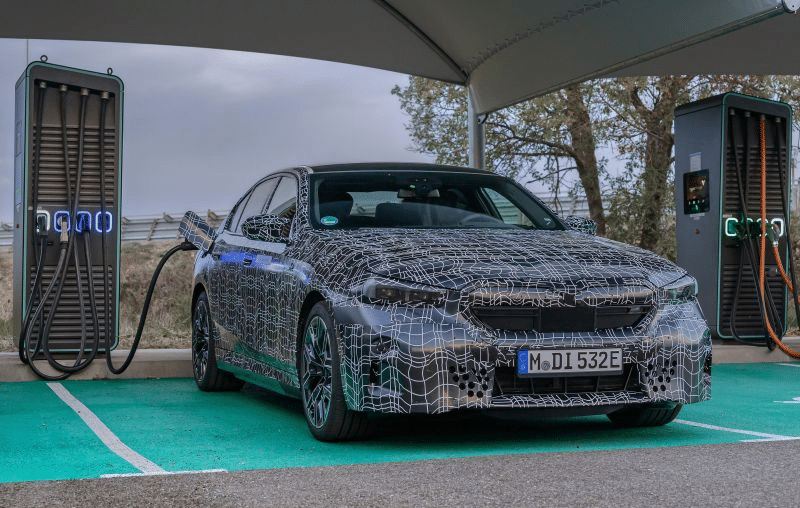
In an industry where automakers are eagerly embracing the electric vehicle (EV) revolution, BMW’s head of development, Frank Weber, urges caution and highlights the potential limitations in economies that are not fully prepared for battery electric vehicles (BEVs). While many automakers are aiming to go EV-only by the end of the decade, Weber argues that this approach fails to address the fundamental structural changes required in economies to sustainably support BEVs.
According to Weber, a truly BEV-ready economy must meet four key requirements. Firstly, it needs green electricity in sufficient quantities not just for vehicle production, but also for cell manufacturing and all related processes. Secondly, there must be sustainable supply chains for green raw materials, regardless of the production location. Thirdly, a robust charging infrastructure is essential for BEVs to thrive. And finally, effective recycling systems must be in place to ensure the sustainability of BEVs.
Weber emphasizes that transitioning to an all-electric future is not a simple overnight process. It requires substantial changes in industry structures. He gives the example of electrical infrastructure in various countries and highlights the need for significant updates to support charging capabilities. Weber believes that these changes represent a limitation in the adoption of BEVs.
BMW, however, is fully committed to embracing a BEV future. The company is rolling out a new dedicated EV architecture called Neue Klasse, which represents its biggest financial commitment and investment to date. Neue Klasse introduces new structures, battery manufacturing, electric machines, digital systems, and ECUs, with no parts carried over from existing models.
Weber clarifies that this does not mean the end of the combustion engine, as it is still a significant part of BMW’s portfolio. However, the company is preparing for a high-volume rollout of BEVs and plans to integrate Neue Klasse technology across its entire model lineup, regardless of whether it’s a BEV or non-BEV.
Addressing critics who question BMW’s commitment to BEVs, Weber emphasizes that the transition is not as easy as it may seem. He highlights the intensive discussions around raw materials in Europe and raises concerns about the infrastructure challenges. Weber mentions the case of the UK, where a 2030 ban on internal combustion engines has been imposed, questioning whether the country is truly ready for such a drastic change.
In conclusion, while BMW is fully committed to an electric future, Weber calls for an understanding of the natural limitations and challenges involved in the transition. He underscores the importance of thoughtful planning and green solutions to ensure the development of sustainable industry structures.
So, do you think the transition to electric vehicles is as straightforward as it seems? Share your thoughts in the comments below!
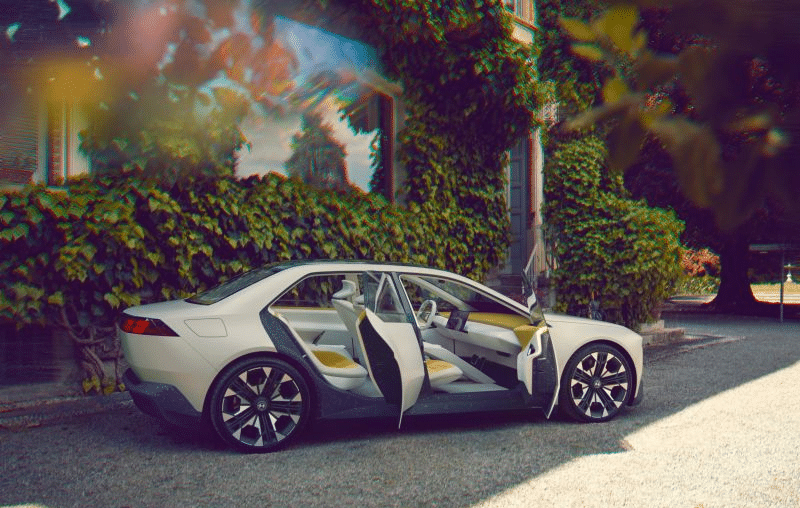
- BMW’s head of development points out the limitations in economies that are not ready for battery electric vehicles (BEVs)
- He emphasizes the need for green electricity, sustainable supply chains, charging infrastructure, and recycling systems
- BMW is rolling out a new dedicated EV architecture called Neue Klasse
- The company remains committed to a BEV future while acknowledging the challenges involved
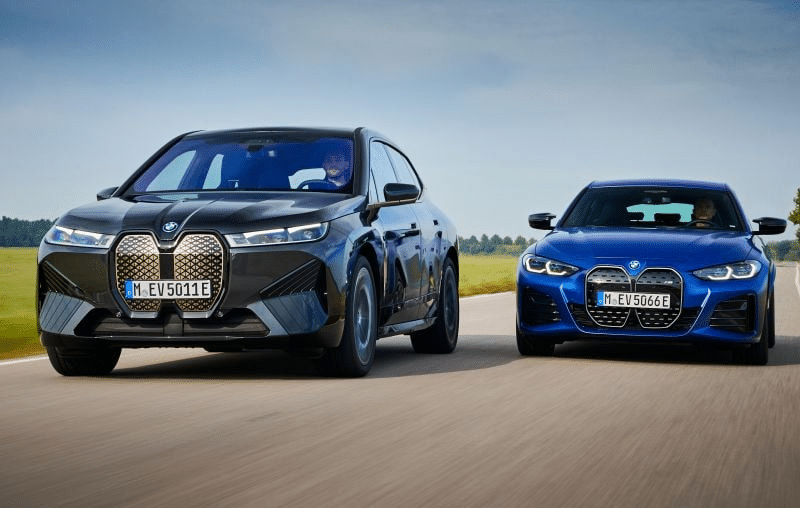
BMW’s head of development, Frank Weber, urges caution in the rush towards an all-electric future. While BMW is fully committed to a BEV future, Weber highlights the potential limitations and challenges involved. The transition requires green electricity, sustainable supply chains, robust charging infrastructure, and effective recycling systems. BMW’s Neue Klasse represents a significant investment in the company’s electric future. Weber emphasizes the need for thoughtful planning and green solutions to ensure the development of sustainable industry structures.
